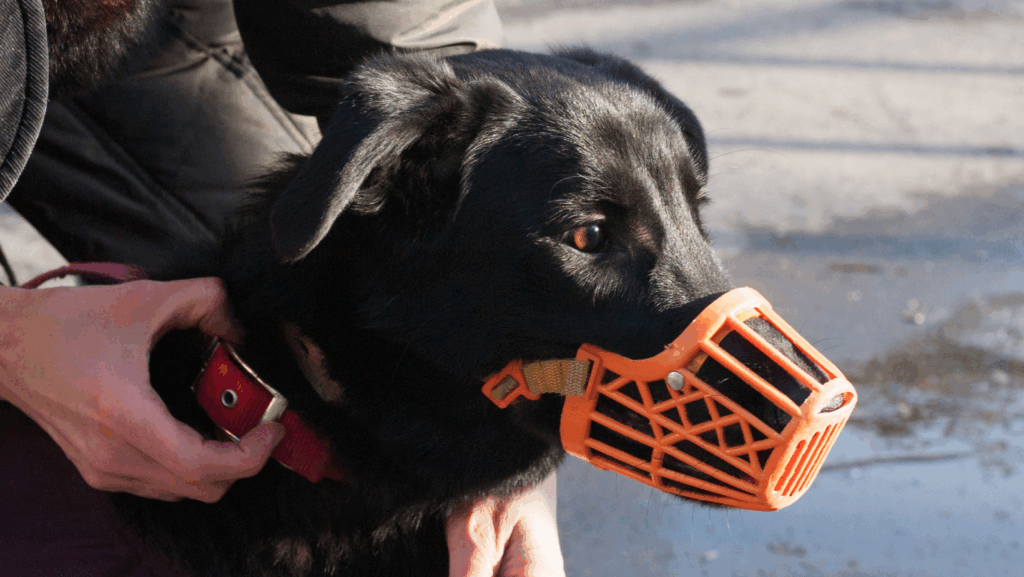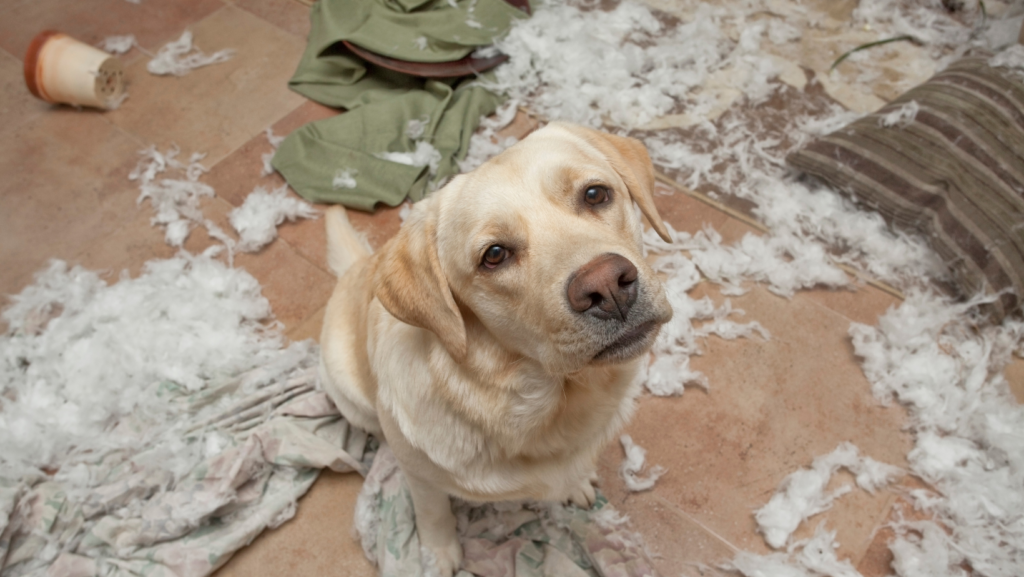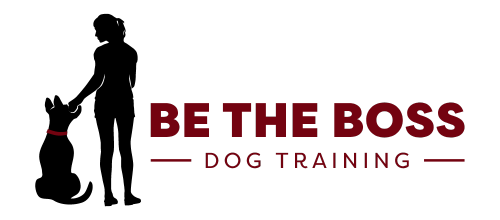Bad dog!
We have all said this to our dogs before. Whether we have lost our temper at a puppy piddling on the carpet, or reprimanding our dog for another chewed up sock, these words have probably crossed our lips.
What I find interesting is what happens AFTER we yell at our furry friends. Their shoulders hunch, they put their faces down and they look up at us with those sad puppy dog eyes.
And then we think something like “oh look how bad he/she feels about what they’ve done!” This is what I want to talk about.
Did you know that your dog does not “feel bad” for what they have done? The body language and look they are giving you are based off your tone and energy.
By raising your voice, making eye contact, and projecting frustration/anger towards your dog this makes your dog feel a little anxious. They will probably be exhibiting submissive behavior since your energy and body language are expressing dominant energy.
Your dog’s brain is very different than yours. While humans have the ability to generalize and make higher processing connections, dogs do not. A human can make the connection between that dark spot on the carpet and why Mom is mad. Your dog cannot.
Your dog reacts to the tone and energy you are using, not the implied connection between what happened a few minutes ago and what is happening now.
So there you go…next time you yell at your dog, remember, you just look like a crazy person to them. They have no idea what you are screaming about.
More Tips
Check out our other posts

4 Secrets to Helping Your Reactive Dog Stay Calm Around Triggers
Reactivity isn’t always loud and dramatic—sometimes the biggest breakthroughs happen when nothing happens at all. Calm glances, quiet moments, and subtle check-ins are what retrain your dog’s brain. You don’t need perfection, just consistency and timing. Want to know the 4 secrets that make reactivity training actually work?
👉 Click here to read the full blog!

How do I get my dog to stop pulling on the leash during walks?
Most people think walks are just for exercise—but they’re actually one of the most revealing tools for understanding your dog’s emotional state. From pulling and scanning to total disconnection, your dog’s leash behavior is a mirror of your relationship. In our latest blog series, we dive into how leash pressure communicates safety, why structure calms the nervous system, and how to turn daily walks into powerful rituals of trust—without treats or harsh corrections. If your walks feel more chaotic than connected, this is the reset you and your dog need. 👉 Click here to read the full post and learn how to transform your walks from a struggle into a daily opportunity for emotional healing.

Are Muzzles Cruel?
Most people think muzzles are only for dangerous dogs—but what if that’s completely wrong? What if the tool you’ve been avoiding is actually the one thing that could bring your dog more peace, not less? In this blog, we break down the psychology behind muzzle stigma, how to introduce one the right way, and why it can actually build your dog’s confidence. If you’ve ever felt judged, unsure, or overwhelmed about using a muzzle, this will change how you see everything. Click to read the full post—you’ll never look at this tool the same way again.

How Do I Stop My Dog from Chewing, Digging, or Barking?
Is your dog’s bad behavior actually a cry for help? In this blog, we dig into why chewing, barking, and digging aren’t random acts—they’re signals of a nervous system out of balance. You’ll learn why toys aren’t enough, how affection without leadership creates chaos, and when corrections actually start to heal instead of hurt. If you’ve tried everything and your dog still feels out of control, this might be the missing piece. Read the full post to finally understand what your dog’s behavior is trying to tell you.

